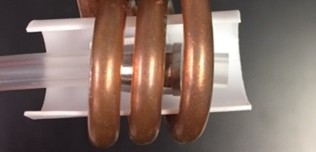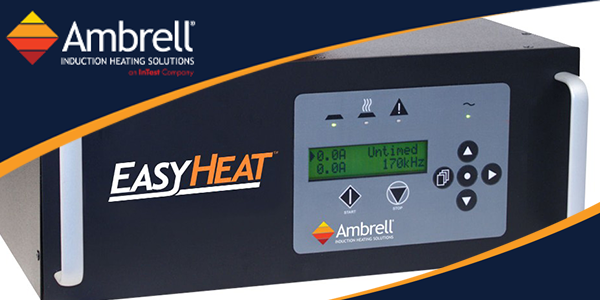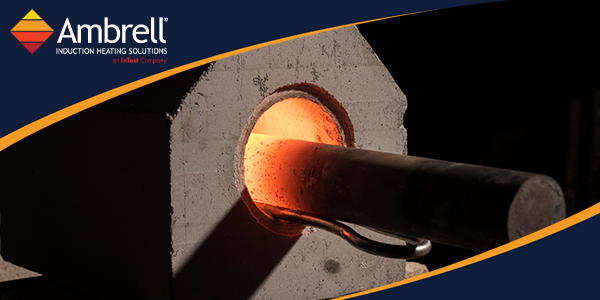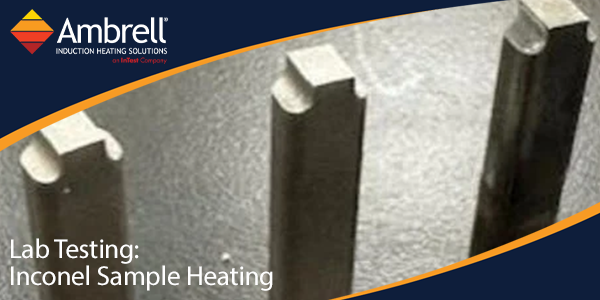Removing Rubber Bonded to Steel Using Induction Heating
Objective Removing rubber that has been permanently bonded to steel or other ferrous substrates can be a challenging and time consuming process....
Processes
Processes: More
Processes: More

Industries:
Industries: More
Industries: More
Industries: More

Products:
Products: More
Services:
Services: More

Learn:
Learn: More
About:


Bonding involves connecting metal or materials containing metal to materials such as plastic, rubber or thermoplastic materials without using a bonding adhesive. Bonding with induction entails accelerating the polymerization of an adhesive by heating the metal parts to be joined. The required temperature range is generally from 150 ºC to 220 °C. Accurate heat control is critical to successfully bonding with induction heating.
Induction heating offers several benefits over competitive processes like spot welding including:
Rapid heating reduces process times
Easy integration for in-line and cell assembly operations
Financial savings from reduced energy consumption
Improved joint quality from controlled heating
Improved quality from non-contact heating
Induction bonding is used in an array of industries including:
Aerospace: carbon fiber/composite bonding
Automotive: magnets in electric motors, bonding of body parts like fenders, rear view mirrors, and various joints
Medical: metal-to-plastic bonding with dental tools
Optics: Many glass-to-metal bonding applications
Ambrell offers complimentary applications testing from THE LAB. We'd be happy to review your application and deliver a tailored system recommendation based on your process requirements. 

Objective Removing rubber that has been permanently bonded to steel or other ferrous substrates can be a challenging and time consuming process....

In defense manufacturing, there is little margin for error. Components must meet exacting specifications, perform reliably in extreme environments,...

Overview When working with high-performance alloys like Inconel, achieving precise, repeatable heating is critical—especially in research and...